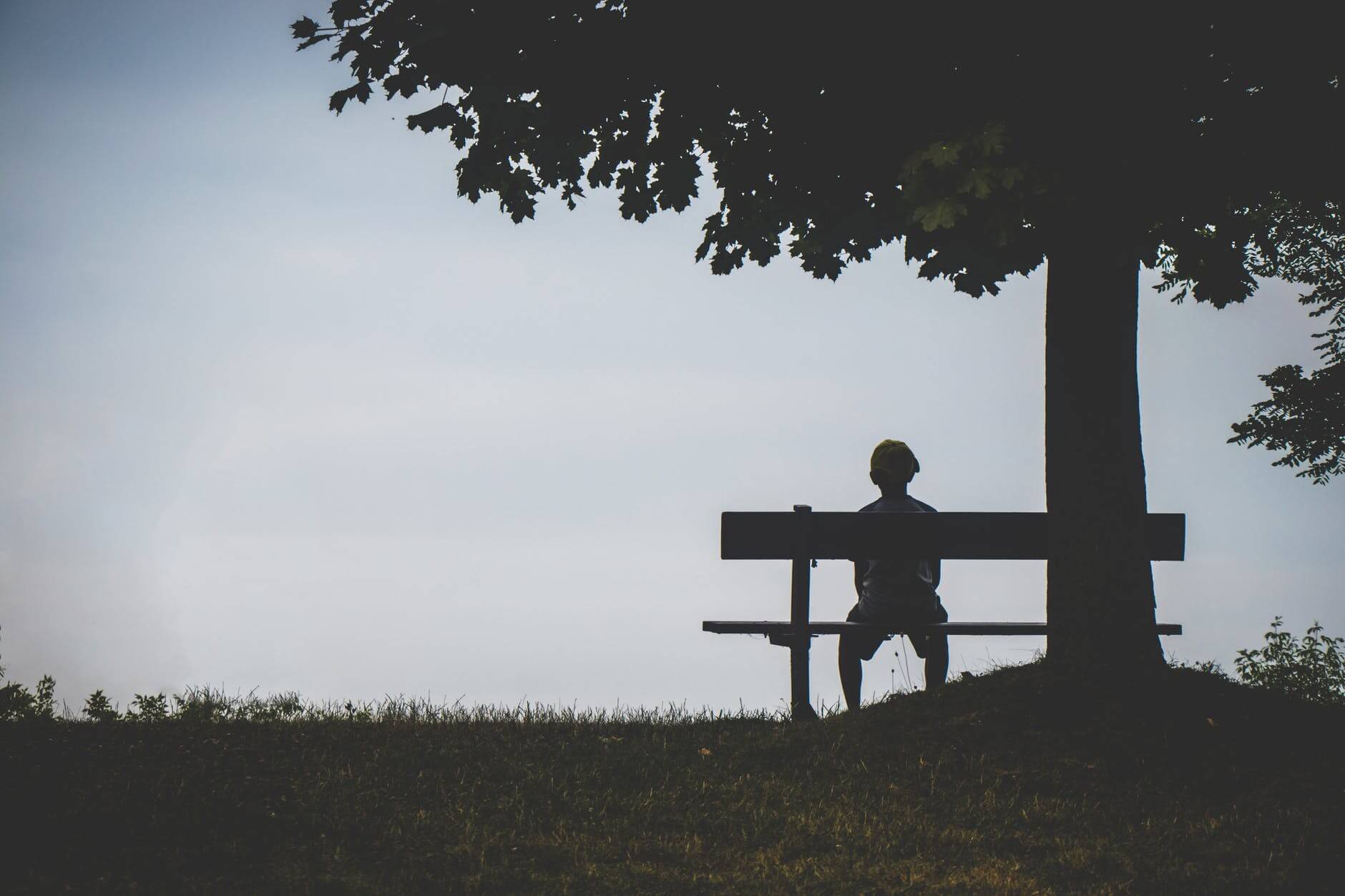When applying for Universities, you’re often told that University will be the greatest time of your life. And while it may be true that moving away from home for the first time, making new friends, discovering new places and gaining new perspectives seems like a dream from the outset, many students are prone to suffering from loneliness. In a global report by [Sodexo](https://www.sodexo.com/home.html), it was said that 46% of students admitted to feeling lonely while at University, compared to 32% worldwide. With the stresses of every day University life combined with the COVID-19 pandemic resulting in most in-person classes being cancelled, more students are going to feel more isolated, and while it may seem hopeless at times, there is lots of support available to you. Looking after your mental health is more important than ever now, this article outlines the support offered from universities to help you to make the most of your time at university. **How Do I Know If I’m Lonely?** It can be hard to figure out how you actually feel, You might be an introvert who lives alone and not feel lonely, or a you might be an extrovert who loves spending time with friends and still feel lonely. Here are some tips to help you work out your situation. * You don’t feel you have someone close that you can confide in * You don’t know many people but constantly want this to change * You feel you can’t join in with others because you are too different * You don’t know anyone that you can be yourself around * You feel as if something is missing * Your sleeping, eating and exercising schedule is erratic These are just some of the symptoms of loneliness, and you may feel all of these things or just one. For more information on this check out [mind.org](http://mind.org) **How Can I Feel Less Lonely?** *Universities Societies* One of the ways you can begin to help your loneliness is by signing up for some of your Universities societies. While from the outside it may seem that these just cater towards sporty students who want to play rugby or football, there are numerous niche groups out there. Whether you’re into beekeeping, trying new curries or just a really big fan of Shrek, you’ll be hard pressed not to find something that will peak your interests. And while the current pandemic may have you delayed most in person society meetings until next year at the earliest, groups from all other the UK are working hard to ensure that you can still get some of that social experience. At the University of Liverpool, the Geography society have been setting up exclusive events for members with guest speakers such as Black Geographers for Black History Month, and have talks planned ahead on a range of topics on LGBTQ+ and feminism. At the University of Sheffield, hundreds of events have been run through their facebook page since summer, with online self-defence classes and choir rehearsals just being some of the groups that have meetings arranged in the coming weeks. *Talk to Someone* Whilst talking to friends and being active is a big help in solving loneliness, sometimes it’s not enough and you may need a little more help. Luckily, there are a range of support systems out there both at your University and beyond. For example, Queen Mary’s University of London have a [website](mailto:https://www.welfare.qmul.ac.uk/emotional-wellbeing/) dedicated to helping students combat mental health issues, and even have a page [dedicated](https://www.welfare.qmul.ac.uk/emotional-wellbeing/emotional-support-during-coronavirus/) to supporting those suffering particularly during the coronavirus lockdowns. Universities have dedicated teams that are there for you, they understand your issues, and will work in helping you get better. Make sure you research the programmes your specific university is offering. If, for whatever reason, you feel uncomfortable talking to your University support team, there are plenty of other organisations out there they might be better suited to your needs. ‘[Student Space](https://studentspace.org.uk/)’, which is ran by‘[Student Minds](https://www.studentminds.org.uk/)’, the UK’s leading student mental health charity, is a website that offers one to support for students facing a range of problems, from students struggling with the pandemic situation, those facing money issues, or even if you’re facing grief or loss. You are able to talk to mental health experts on the website, and you can choose to do so via a phone call, web chat, texting or email. All of these services are free, non-judgemental and confidential. The website also serves as a directory, allowing you to search for your Universities’ mental health support systems. Student Space offers support between 3pm to 11pm, but if you would prefer, or need to talk to someone at a later time, [CALM](https://www.thecalmzone.net/) and Nightline are two websites that offer support later in the evening. [Nightline](https://www.nightline.ac.uk/want-to-talk/) are also also there to help you throughout the night with phone support. You can find out more about the support available to you [here](https://www.nhs.uk/conditions/stress-anxiety-depression/student-mental-health/). --- *By Matthew Healey, freelance writer, and recent masters graduate from the University of Arts London.*
Dealing With Loneliness At University
Posted in Advice, Student Life on Dec 16, 2020 by Sophia Koromila







